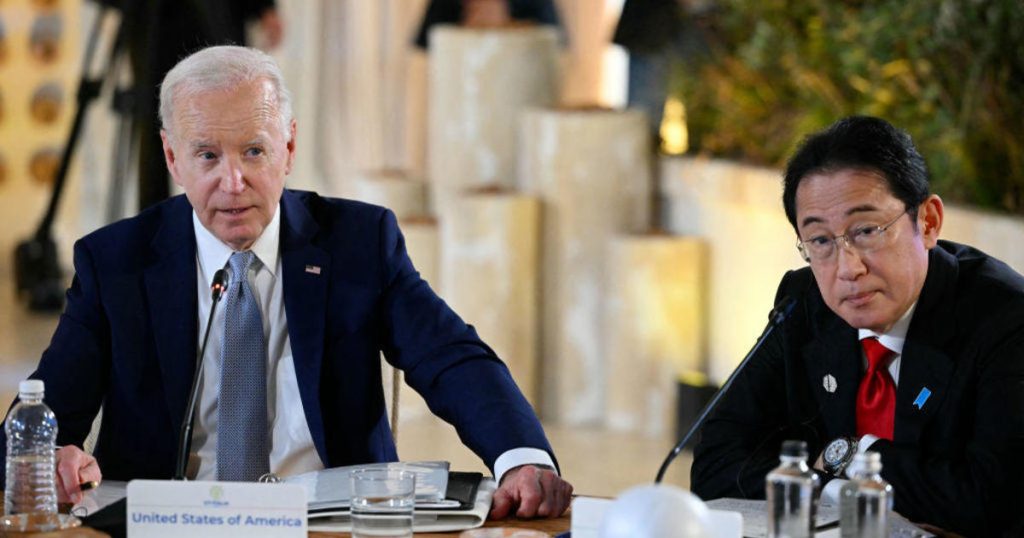The Pentagon is expected to announce the upgrade of U.S. Forces Japan to a Joint Force Headquarters run by a three-star commander, in a move aimed at enhancing defense cooperation between the U.S. and Japan in the Indo-Pacific region. Defense Secretary Lloyd Austin and his Japanese counterpart, Minister of Defense Minoru Kihara, are set to make the announcement in Tokyo. The decision to upgrade U.S. Forces Japan came out of the Biden administration’s summit in April with Japanese Prime Minister Fumio Kishida, where the two countries agreed to enhance their command and control systems to deter the growing threat from China.
The upgrade will give U.S. Forces Japan primary responsibility for tasks that were previously handled in Hawaii, such as planning exercises and command operations. This shift will allow for closer collaboration between U.S. and Japanese forces, marking a significant improvement in military ties between the two countries. The change is not intended to mirror the command structure of U.S. Forces Korea, where South Korean and U.S. forces are integrated, but will instead involve working with Japan’s updated Joint Operations Command.
Since the April summit, the Pentagon has been working on implementing the upgrade, with Adm. Samuel Paparo, the commander of U.S. Indo-Pacific Command, playing a key role in planning the proposal. While the announcement marks the beginning of the transition, there is still work to be done with working groups in Tokyo and with Congress in the U.S. to determine the specifics of the upgraded U.S. Forces Japan. Defense officials anticipate further discussions and planning once Defense Secretary Austin returns from his trip visiting Japan and the Philippines.
The decision to upgrade U.S. Forces Japan reflects the commitment of both the U.S. and Japan to strengthen their defense cooperation in the face of regional challenges, particularly from China. The move is seen as a transformative change that will enhance military ties between the two countries, building on their longstanding security partnership. By shifting responsibility for certain tasks to Japan, the U.S. aims to work more closely with Japanese forces, improving coordination and interoperability.
The announcement in Tokyo underscores the strategic importance of the Indo-Pacific region and the need for close coordination between allies and partners in the face of shared security challenges. The upgrade of U.S. Forces Japan to a Joint Force Headquarters reflects a broader effort to modernize and adapt command structures to address evolving threats in the region. As both the U.S. and Japan continue to deepen their defense cooperation, the upgraded U.S. Forces Japan is expected to play a key role in enhancing deterrence and maintaining stability in the Indo-Pacific.


